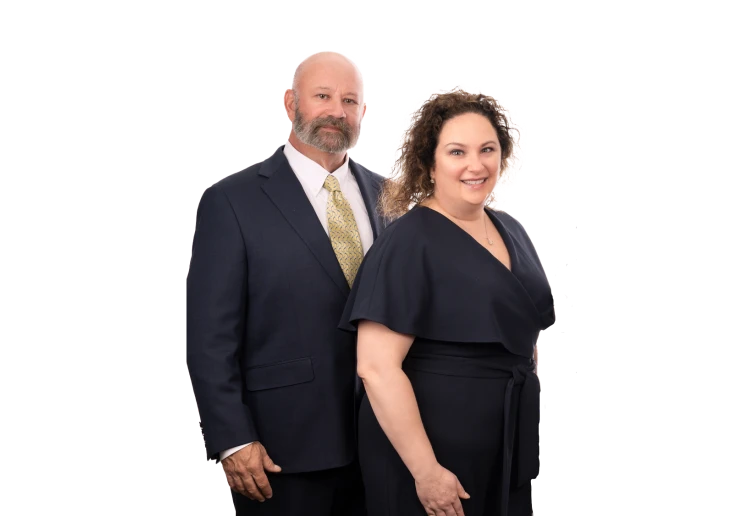
If you’re hurt as a ride-share passenger, whose insurance will cover your injuries?
Florida’s laws on this subject are broad, and the answer is unlikely clearcut. Here’s a good look at some of the issues you’ll likely deal with if you’re injured in a ride-sharing accident:
Insurance Coverage
Your riding sharing driver might have a commercial insurance policy that will kick in when there’s an accident. But for the most part, ride-sharing drivers tend to rely on personal auto insurance. And in Florida, the state’s No-Fault Motor Vehicle Law requires drivers to carry personal injury protection (PIP) as part of their auto insurance coverage. This No-Fault coverage pays the insured’s bills, regardless of fault, up to the minimum limit of $10,000.
Third-Party Insurance Coverage
So, what about the ride-sharing company’s insurance? The good news is ride-sharing companies carry third-party liability insurance coverage, which will help cover personal injuries and property damage in an accident. These policies will only kick in after the ride-sharing driver’s insurance has been exhausted. As a passenger, you’re covered under this kind of liability policy when the ride-sharing driver is at fault for the accident.
Suing a Ride-Sharing Company
Ride-sharing companies don’t consider their drivers to be employees. They’re designated as contractors, who traditionally aren’t fully covered by a company’s insurance.
However, some states are making it more challenging for ride-sharing companies to hide behind their drivers’ liability. States like California recognize ride-sharing drivers and other “gig” workers as employees, making it more difficult for companies to shrug off responsibility.
If you are in a ride-sharing accident and want to seek compensation from the company, your best bet is to hire an attorney to assess your case and then manage the claim to ensure the best outcome.



